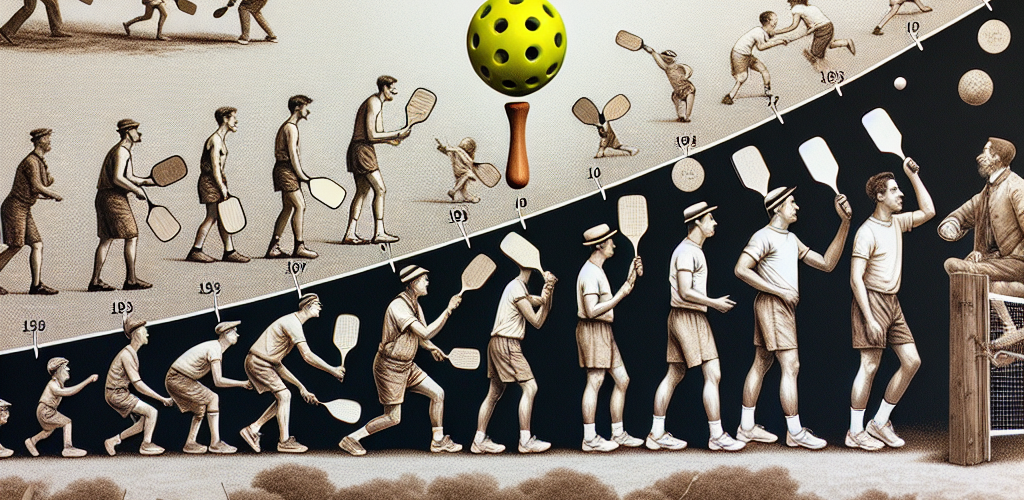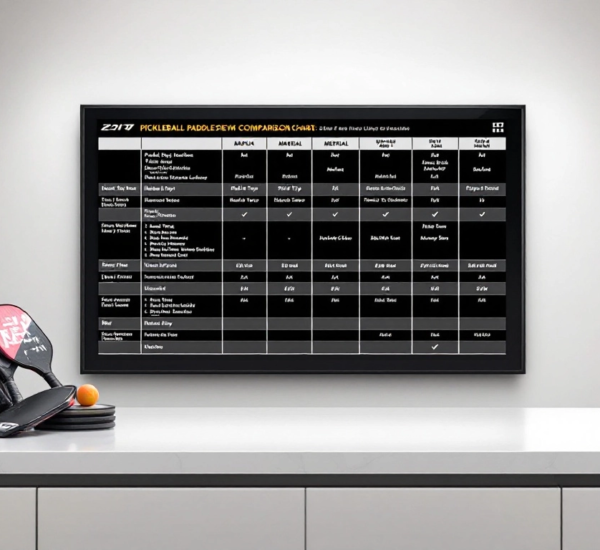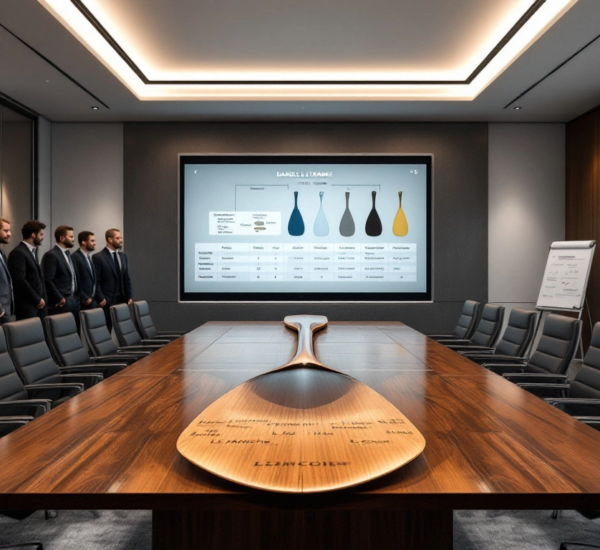Explore the intriguing journey of pickleball from a backyard pastime to a widely embraced sport. Learn how it evolved over the decades with SEOMASTER2024.
Table of Contents
- Introduction
- The Origin of Pickleball
- Growth and Spread Across the USA
- Modern Pickleball: Rules and Equipment
- Global Impact and Popularity
- The Future of Pickleball
- Conclusion
- FAQs
Introduction
Pickleball, a sport that beautifully merges elements from badminton, tennis, and table tennis, has seen exponential growth in recent years. With its easy-to-learn nature and fun gameplay, pickleball has captured the hearts of many. In this post, we delve deep into the history and evolution of pickleball, tracing its beginnings and celebrating its rise in popularity. If you’re curious about this thrilling sport and its fascinating journey, you’re in the right place.
The Origin of Pickleball
The Humble Beginnings
Pickleball was invented in 1965 on Bainbridge Island, Washington, when Joel Pritchard, Bill Bell, and Barney McCallum were seeking a new amusement for their families. Originally conceived as a children’s backyard game, the trio improvised with a perforated ball, paddles, and a lowered badminton net.
Legend has it that the game’s unique name was inspired by Pritchard’s dog, Pickles, who often chased the ball. Read more about the origin.
Growth and Spread Across the USA
The Sport Gains Traction
Throughout the 1970s, pickleball’s appeal amplified, leading to the establishment of the first permanent court in 1967. By the mid-1970s, a mini-boom saw pickleball courts sprouting in cities nationwide. Community centers, gymnasiums, and schoolyards became hosts to the burgeoning sport.
Pickleball Associations and Formalization
In 1984, the USA Pickleball Association (USAPA) was founded, standardizing the rules and advocating for the sport’s growth. The first official rulebook was published in 1986, solidifying pickleball as a recognized sport.
Modern Pickleball: Rules and Equipment
The Basics of Playing
The modern game is played on a court similar in size to a doubles badminton court. The sport involves either doubles or singles play, and the primary goal is to score points by serving and rallying across the net, leading to strategically intriguing gameplay.
The Equipment
Players use solid paddles made from composite materials and a plastic ball with holes. The sport equipment industry has seen innovations, providing a diverse range of options for varying skill levels.
Competitive Play
With numerous tournaments held, including the prestigious US Open Pickleball Championships, the sport has emancipated from its informal roots into a highly competitive discipline.
Global Impact and Popularity
Pickleball’s global footprint has expanded considerably, with established international federations in Canada, India, and across Europe. The International Federation of Pickleball (IFP) explores global opportunities to spread the game, emphasizing inclusion and camaraderie.
This institution is vital in maintaining the sport’s integrity on an international level.
The Future of Pickleball
Looking forward, pickleball is poised for even greater heights. Innovations in technology are enhancing player experience, and ongoing efforts aim to promote the sport in underrepresented regions. With its inclusivity and ease of play, pickleball may well become a staple in recreational and competitive arenas worldwide.
Conclusion
From a casual backyard game to a sophisticated sport embraced by millions globally, the journey of pickleball is a testament to its versatility and universal appeal. As the sport continues to evolve, it invites new players and seasoned athletes alike to partake in its vibrant community.
To delve deeper, explore our additional resources on pickleball rules and strategies. Join the pickleball movement today!
FAQs
What are the basic rules of pickleball?
A player serves diagonally, and rallies ensue until a fault is made. Games typically play to 11 points, winning by 2.
Is pickleball easy to learn?
Yes, its straightforward rules make it accessible to beginners, while its depth offers challenges for advanced players.
Where can I play pickleball?
Many community centers and sports complexes offer pickleball courts. Check local listings for venues.




